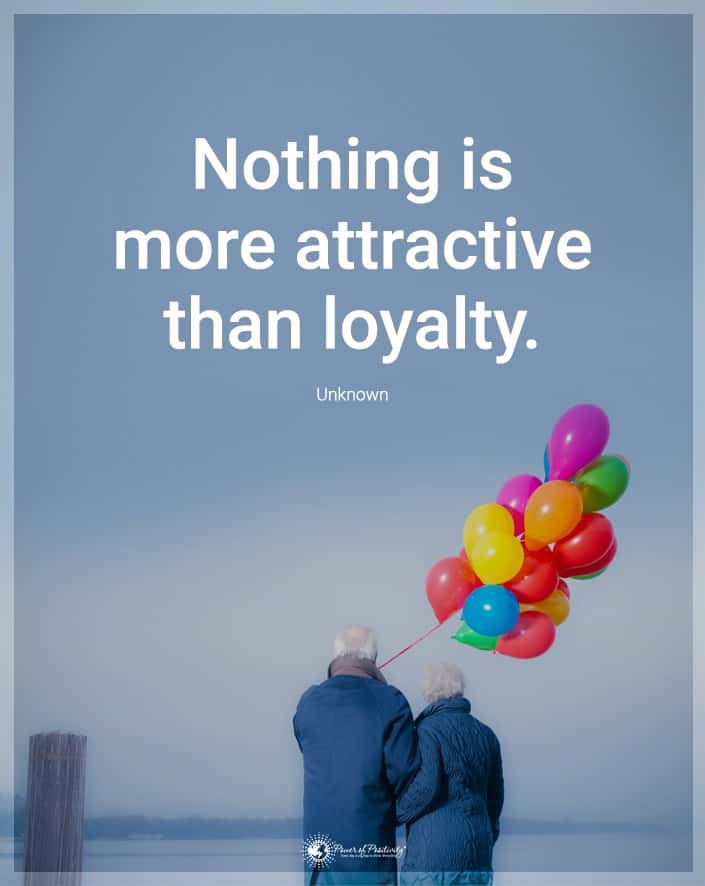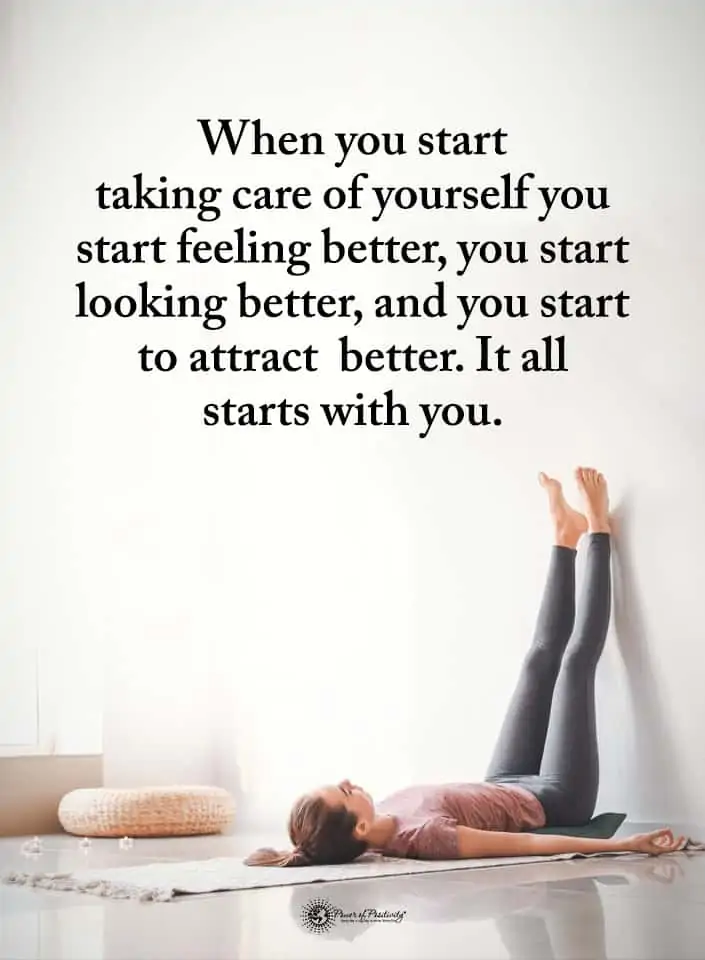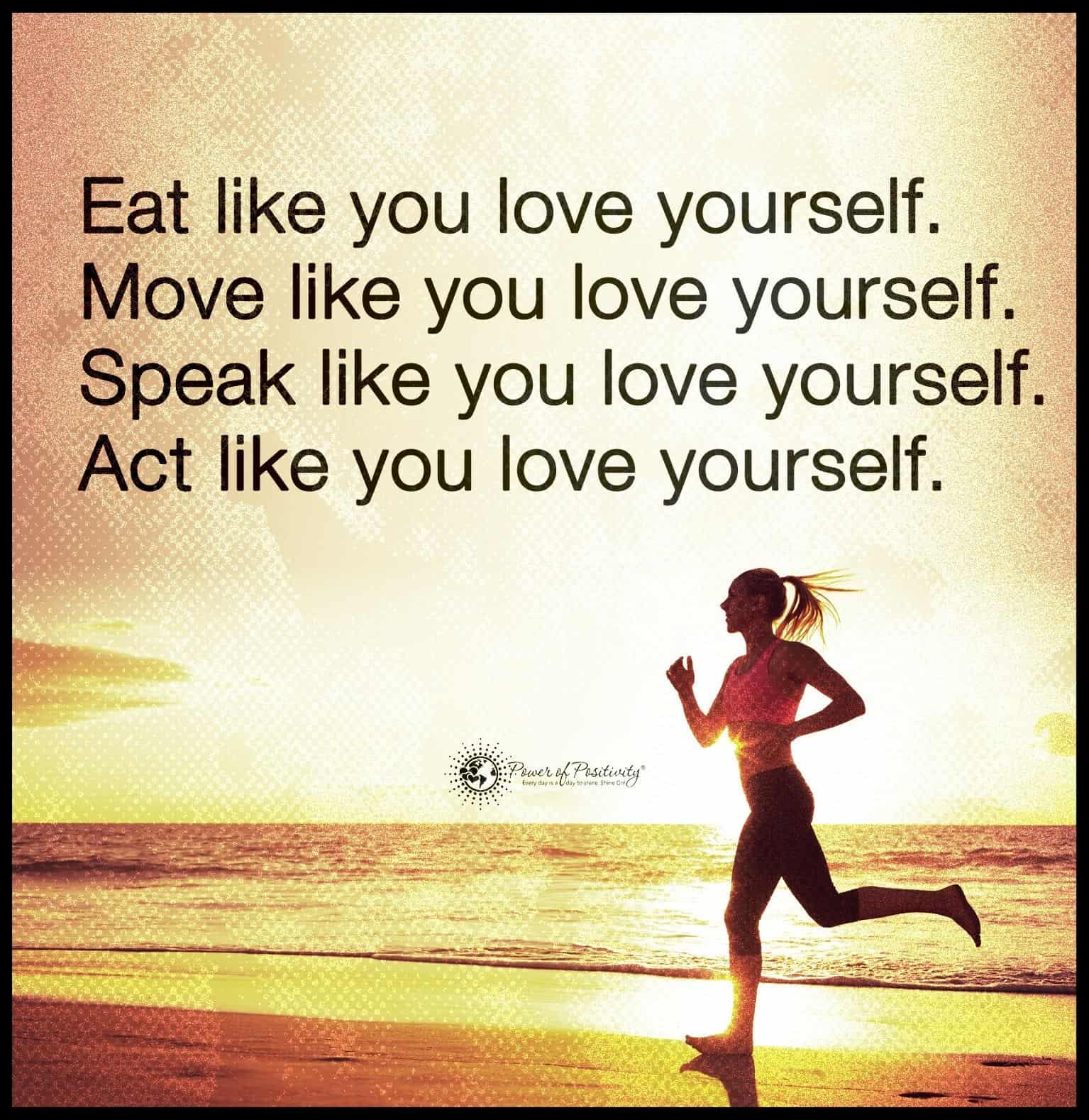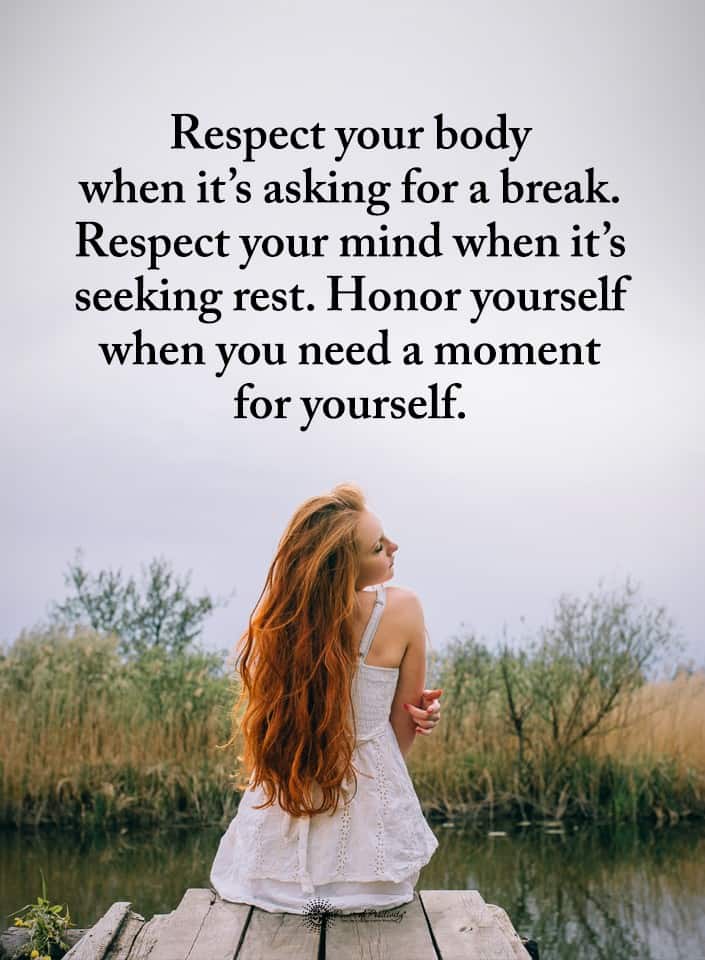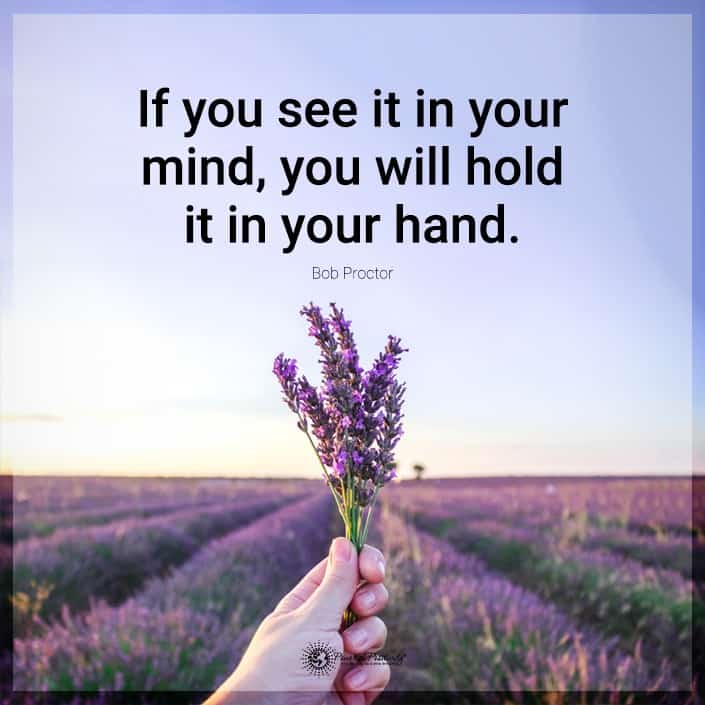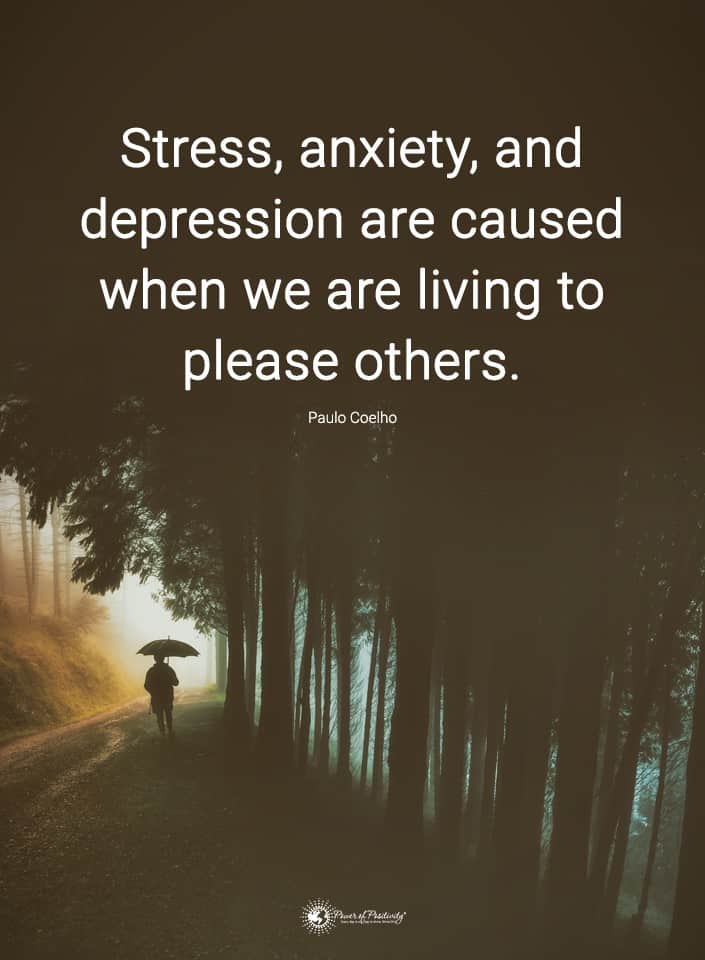Doves can symbolize a multitude of things and is a highly recognized symbol.
They are used in politics, religion, and historical context and often symbolize peace and spirituality. Dove sightings can represent many other things, though, and understanding the meanings is helpful.
Encountering a dove can represent many things and often occurs during difficult times in your life. They also often appear when bad times are coming to an end. Seeing these birds indicates that balance is returning to your inner energy.
Doves tend to make you recognize and delve into your spiritual depths and think about your existence. You will begin to think about the deeper meaning in life and interpret them based on your lifestyle and mindset. The true meaning of a dove appearing in your life is personal and based on what resonates within you.
These birds are indicative of internal energy and connection in life. The meaning behind frequent sightings depends on what is happening in your life, so spend time reflecting. Several meanings could apply to your life, so finding the right one will help with understanding.
Behavior of Doves
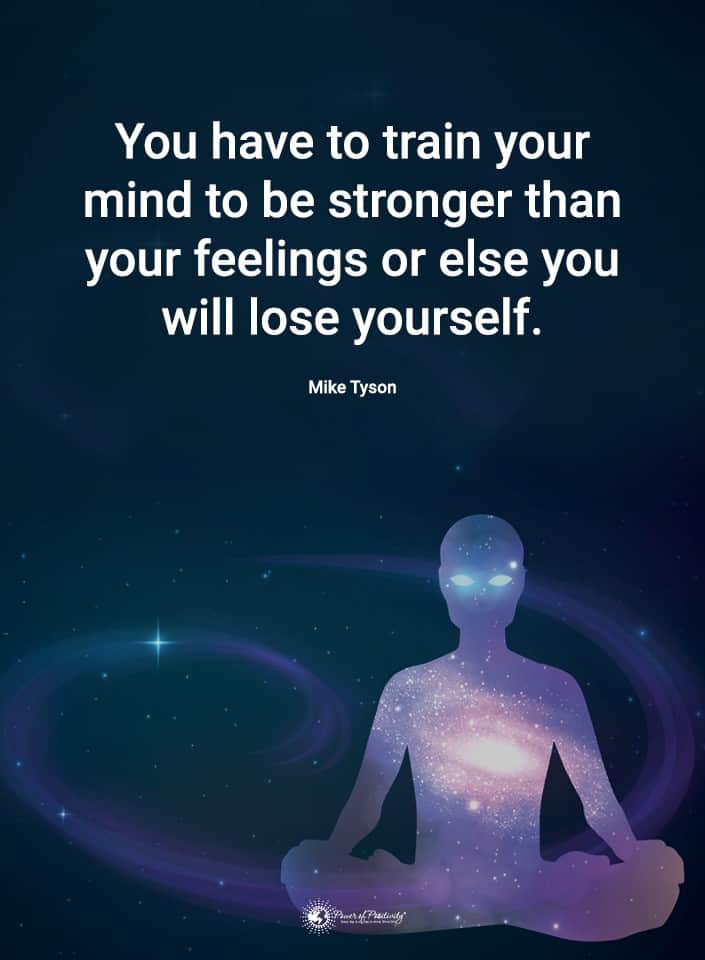 An interesting thing about doves is that when they make noise, they don’t open their beaks. They fill their throat with air and let it escape slowly, producing a gentle “cooing” sound.
An interesting thing about doves is that when they make noise, they don’t open their beaks. They fill their throat with air and let it escape slowly, producing a gentle “cooing” sound.
Their “coo” signifies making your inner voice heard without even speaking. You can make your inner voice clear by using your thoughts, behaviors, and imagination to express an inner radiance. This method of communication can be more powerful than speaking any words at all.
Since these birds communicate without speaking, try thinking of how you can do the same. This unique behavior of doves can open up a whole new thought process for you, so pay attention when you see one.
What It Means if You See Doves Often
A dove might be your spirit animal, guiding you to greater things.
1 – Love Is in Your Life
These birds indicate romantic love, bonding, and a deeper soul connection. This love doesn’t always have to be romantic, as having a deep connection with anyone can entice dove sightings.
If you have found your soul mate, you might see pairs of these birds more often. Or, if your love for your current partner deepens, you might see pairs then, as well.
A dove can even indicate increased levels of self-love. Experiencing love doesn’t have to be with anyone else because you can love yourself just as much.
It is likely a message if you have recently experienced grief or trauma and see this bird often. The message is that you are protected and loved unconditionally. It is also a sign that you have guidance all around you, even during this difficult time.
2 – Things are Coming Together
These birds symbolize unity, union, and harmony coming together. These symbols are one of the reasons that these birds are used during wedding ceremonies. If you notice these birds often, it is a good indication that you are experiencing a feeling of connection and oneness.
3 – You Have Peace and Harmony in Your Life
This beautiful bird often represents peace, harmony, and gentle energy. If you don’t feel peace in your life now, but you keep seeing these birds, it’s a good sign that harmony is coming. Watch for signs of tranquility because you are likely going to experience them soon.
Seeing doves might also be a sign that you should consider conflict peacefully. Set your views aside and think about the argument from all sides. Doing this helps keep the peace in your relationships, as well.
When your life feels out of control, and you keep seeing these birds, it is a sign to stay calm and find peace. It often means that things will calm down soon and that you will experience harmony and peace of mind.
A dove appearing is often a sign that you should reflect on this situation once you return to a peaceful state. It is a sign that there is something major to be learned, and it is time to move past this stage.
4 – Parenthood is Taking Precedent
Whether or not you are a parent right now, seeing this bird often can indicate that parenthood is taking precedence in your life. A dove is a nurturing creature, and both the mom and dad participate in taking care of the baby.
Seeing these birds often might be a sign that you will soon be a parent. When this is the case, it could also mean that the other parent will play a positive role in your child’s life.
5 – Loyalty
These birds tend to stick with the same partner for life, which makes them loyal creatures. Seeing them often indicates loyalty and devotion in your life, whether you already have it or will experience it soon. Please pay attention to this because it means you have a positive person in your life.
6 – Communication With Your Intuition
Seeing these birds often represents being in tune with your emotional language and intuition. It means you can look forward to inner balance, healing, and peace. They are also linked to the third chakra involving creativity, expression, and truth recognition.
7 – Sincere Compassion
Experiencing a deep sense of compassion in the presence of a dove is a sign of a spiritual flow within. It indicates that your heart is opening up to receive and give love while recognizing you deserve love.
Seeing these birds often also indicates compassion and acceptance for those around you despite differences. The beliefs and values of others don’t hinder your ability to feel compassionately toward them. It could also be a sign that you will soon experience a challenge with this type of situation.
These birds also indicate that you should share your wealth with others. Sharing your wealth doesn’t always have to be about money, either, as it can apply to creative, emotional, or spiritual health, too.
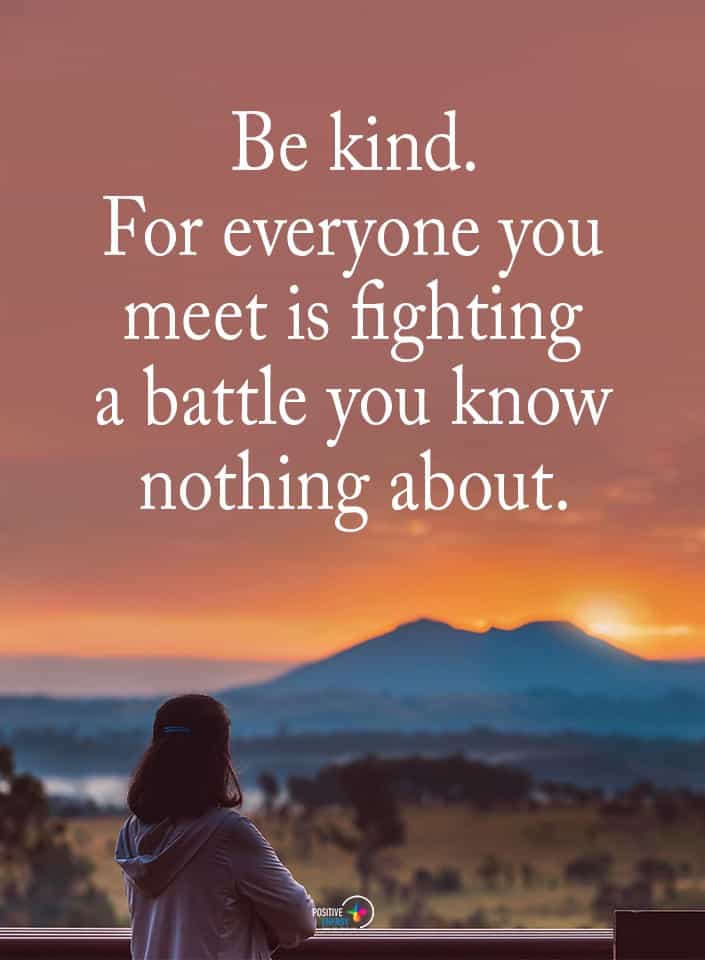 8 – Your Life is Off Kilter, and You Aren’t Living with Intention
8 – Your Life is Off Kilter, and You Aren’t Living with Intention
When these birds keep appearing, it is a sign that your life is off-kilter. It is a hint from the universe that you aren’t living with intention, and you must find a way to refocus.
9 – You Aren’t Following Your Spiritual Flow
Sometimes, these beautiful creatures tell you you aren’t following your spiritual guide. It might mean letting your life flow rather than trying to control or force situations.
10 – You Should Be Patient
If you feel frustrated because something you want is taking too long, seeing a dove could be a sign to be patient. Frustration and impatience hold you back in life, and these birds remind you to relax and find peace. If you see them often, embrace your life journey, trusting that things will work out.
11 – You are in a Period of Rediscovery
Sighting these birds often could symbolize a time of self-discovery for you. This could be the reason why you experience more introspection than usual and wonder about your greater purpose. The dove sightings signify that you should follow your desires and make drastic changes.
12 – You Have Creative Energy
Natural-flowing creative energy can entice regular dove sightings. Suppose you experience this. Set aside time each day to do something creative. Don’t forget to reflect and meditate, too, because they go along with creativity.
13 – You Have Undiscovered Potential
If you aren’t giving yourself enough credit, dove sightings might become typical for you. These birds sometimes serve as a message that you have undiscovered potential. Spend time reflecting and thinking about your calling in life to see if this could be the reason for all the sightings.
14 – You Aren’t Kind to Yourself or Your Loved Ones
These birds sometimes signify that you should reflect on how you treat yourself or those around you. Try being a little more nurturing and gentler and see if it makes a difference.
What it Means When You Dream of Doves
Open up and let this spirit animal guide you.
Indeed, seeing these birds in your dreams can mean a few different things. Seeing a pair signifies that you should implement peacefulness, loyalty, and unconditional love into your life. It could also remind you to work in unison with your partner to yield the best life results.
When the birds appear in your dreams, it could also be a sign that you are aligned with a personal way of thinking. Your reality might shift to open up space for love. Dreaming of these birds is also a sign that an ongoing conflict will soon come to an end.
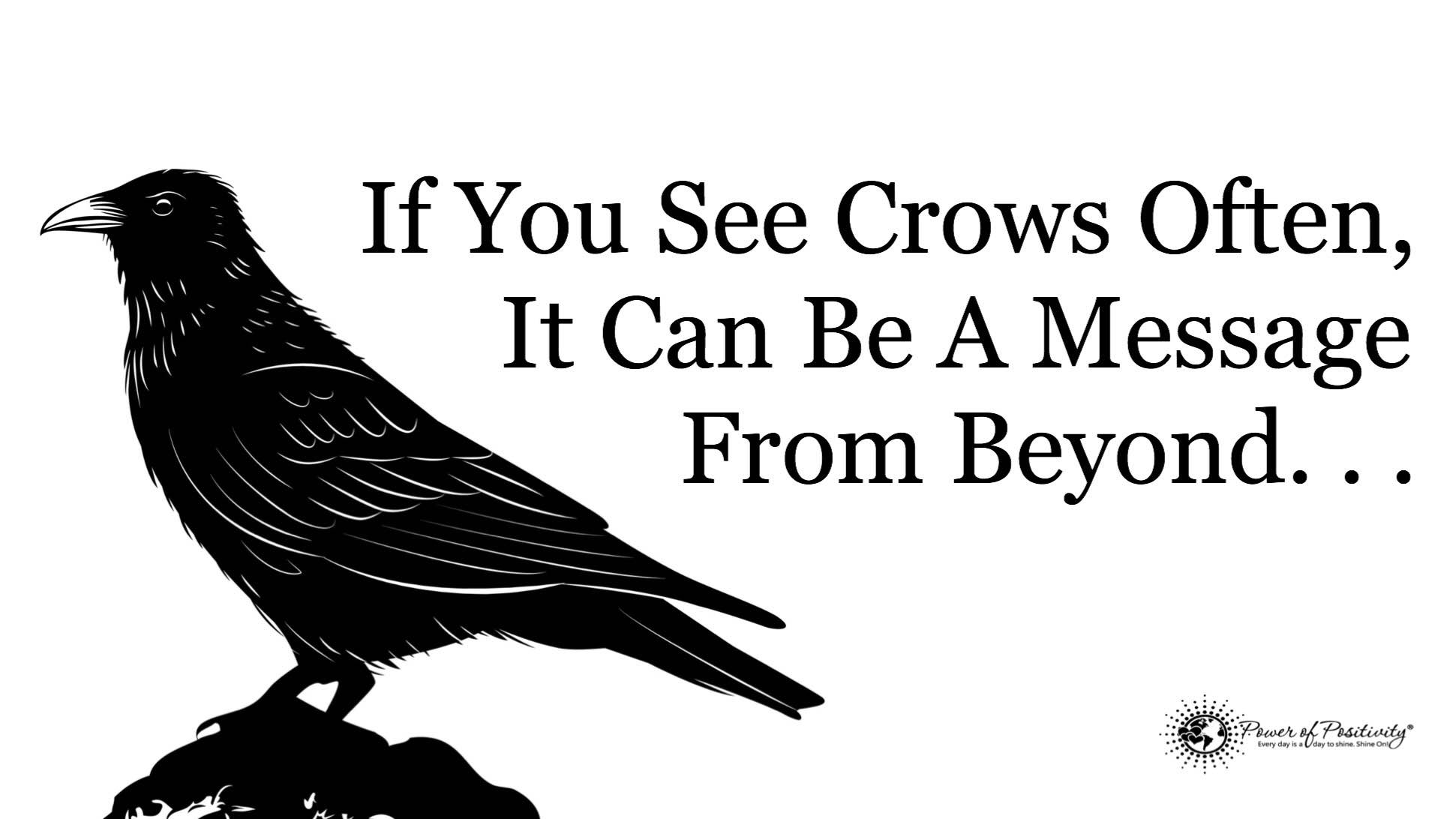 Final Thoughts on If You See Doves Often, This Is What It Means
Final Thoughts on If You See Doves Often, This Is What It Means
If you see doves often, it is often a sign of something deeper. There are many reasons for frequent sightings, and reflecting on your current life situation can help you figure it out.
These birds appear as reminders of the deeper feelings and experiences in life. They will guide you on your spiritual path, showing you the way to peace, harmony, and development. Use your intuition to determine what seeing doves often means for you.


